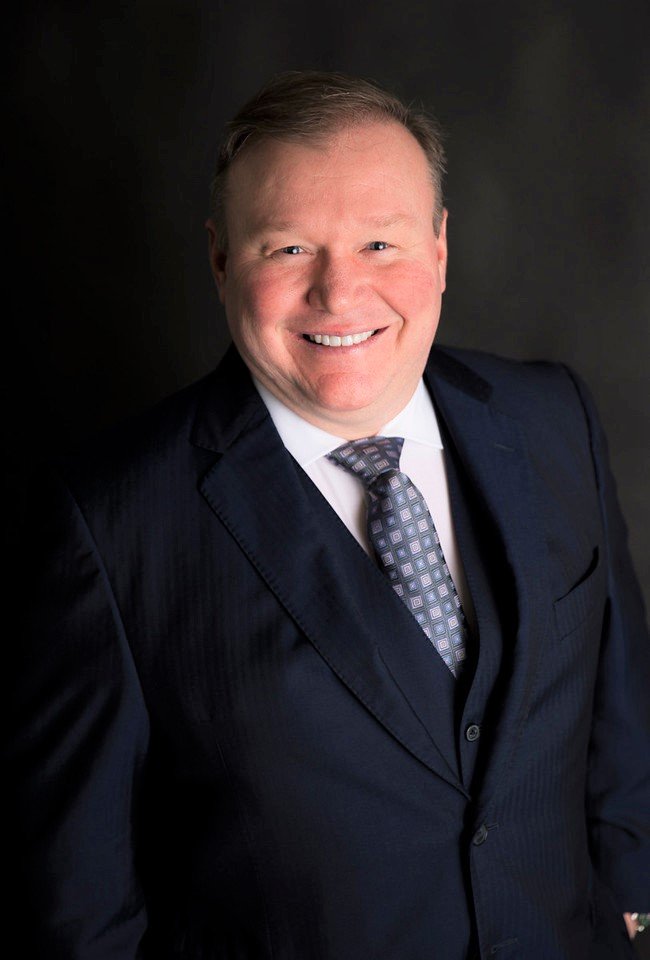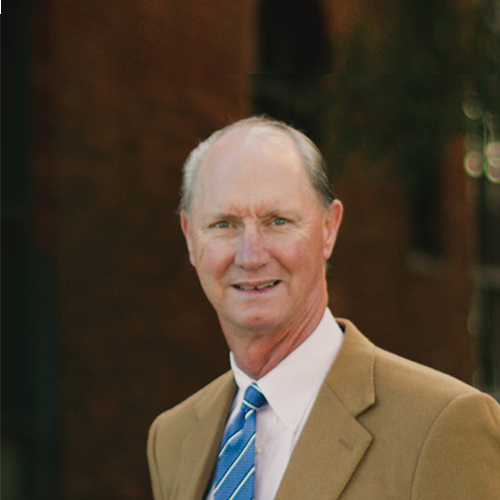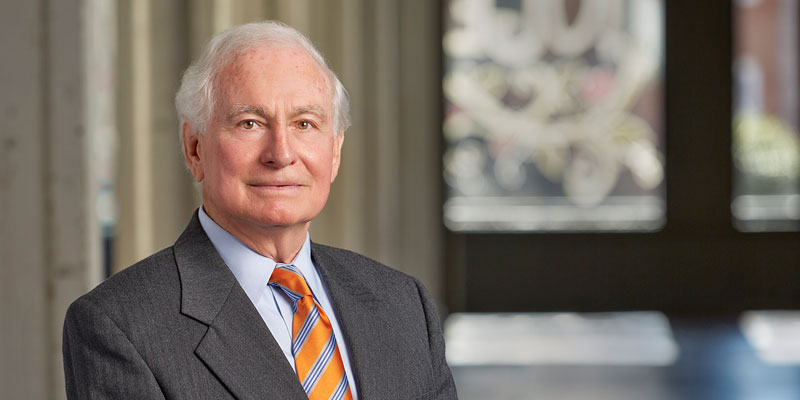Back
Advocacy Philosophy
The Human Side of Advocacy: Why Stories Win Cases

Advocacy Philosophy
September 19, 2025
In the courtroom, facts and legal arguments are essential, but they are not always enough. Jurors do not remember case law citations or procedural maneuvers; they remember people. They remember the mother who lost her child because of a defective product, the worker who spoke up about fraud, the family whose lives were changed by corporate negligence. At Stratejic Relationships, we believe that stories win cases—and the best stories come from the people closest to the truth.
Why Stories Matter in Court
Neuroscience tells us that human beings are wired for storytelling. When jurors hear a well-told story, they do more than process information—they feel empathy, anger, and motivation to act. Stories create meaning where raw data cannot. They turn abstract liability into real human consequence.
This is why defense attorneys often try to strip cases of their emotional weight, reducing tragedies to charts, statistics, and legal technicalities. Our role is the opposite: we bring back the human dimension by finding the voices that reveal what really happened.
Whistleblowers as Storytellers
Whistleblowers are not just sources of information; they are narrators of corporate misconduct. They can explain how boardroom decisions trickled down to unsafe products, how cost-cutting created dangerous workplaces, or how profit motives silenced safety warnings. Their accounts transform what might appear to be isolated incidents into compelling stories of systemic failure.
By connecting attorneys with insiders, Stratejic Relationships helps trial lawyers frame their cases not only in terms of liability, but in terms of betrayal, courage, and justice. These narratives resonate deeply with juries who want to understand not just what happened, but why it happened.
Personal Injury and Wrongful Death Cases
In personal injury and wrongful death litigation, stories matter more than ever. Medical records and accident reports may prove damages, but they cannot capture the loss of a father’s laughter, a child’s future, or a community’s trust. Families often feel invisible in the machinery of litigation. Telling their stories restores their dignity and helps jurors see them as more than plaintiffs—they see them as people like themselves.
Take trucking litigation as an example. A crash report might list weather, speed, and impact angles, but it cannot show how a company’s policy pushed drivers beyond safe hours. When a former dispatcher testifies that managers rewarded drivers for skipping rest breaks, the jury sees the real human cost of corporate shortcuts. That story changes the entire case.
Class Actions and Collective Narratives
Class action lawsuits present a different challenge: how do you tell the story of thousands of consumers or employees in a way that feels real? The answer lies in representative narratives. By highlighting the experiences of a few brave individuals, trial lawyers can give voice to an entire class.
One family’s experience with a defective drug, for example, becomes the thread that ties together hundreds of similar claims. A single employee’s story of wage theft illustrates how widespread the problem truly is. These narratives help jurors and judges see the class not as a statistic, but as people harmed in similar ways.
Stratejic Relationships specializes in finding these representative voices—the individuals whose stories illuminate broader patterns of harm.
Pharmaceuticals and the Power of Personal Testimony
Pharmaceutical and medical device cases demonstrate the power of human-centered storytelling. A spreadsheet may prove that thousands experienced adverse side effects, but it is the testimony of one patient that often resonates most. When a juror hears a mother explain how a drug’s hidden risks left her unable to care for her children, the case becomes real in a way numbers cannot replicate.
Whistleblowers within pharmaceutical companies play an equally crucial role. They can testify that executives knew about risks, rushed testing, or concealed warnings. By combining these insider accounts with the stories of affected patients, trial lawyers create a powerful one-two punch: the evidence of harm and the evidence of corporate knowledge.
The Ethics of Storytelling
Some attorneys shy away from emphasizing narrative out of concern that it might appear manipulative. But truthful storytelling is not manipulation—it is advocacy. The key is authenticity. Our philosophy is that stories should emerge naturally from credible witnesses, not from manufactured scripts. That is why we work carefully to identify, verify, and protect witnesses who can tell the story in their own words.
Jurors are remarkably skilled at detecting exaggeration or insincerity. That is why Stratejic Relationships focuses on cultivating authentic voices that reveal the truth without embellishment. When stories are real, they do not need to be rehearsed—they simply need to be heard.
A Philosophy Rooted in People
Paul Littrell, Jr., founder of Stratejic Relationships, often says that his greatest inspiration comes from building relationships. This philosophy extends to every case. We believe that cases are not only about legal arguments but about people who chose to do the right thing, people who suffered harm, and people who refused to stay silent.
When trial lawyers approach advocacy from this human-centered perspective, they do more than win cases—they restore faith in justice.
The Stratejic Approach to Human Stories
- Witness Identification: We locate insiders, former employees, and consumers who can tell the story truthfully.
- Story Development: We help attorneys frame testimony into a coherent, compelling narrative without losing authenticity.
- Context Building: We connect individual stories to larger systemic issues so jurors see both the forest and the trees.
- Ethical Safeguards: We ensure every story is presented responsibly, respecting the dignity of the people involved.
Why Stories Win
A strong story bridges the gap between evidence and empathy. It ensures that jurors not only understand the facts but also care about the outcome. For eighteen years, Stratejic Relationships has helped trial lawyers transform cold records into narratives of courage, accountability, and justice.
In every case we touch—whether it is a class action against a global corporation, a wrongful death claim for a single family, or a whistleblower exposing fraud—we remind attorneys of this truth: the law is about people, and people understand stories.
Latest Articles
Wrongful Death - Pursuing Justice After a Loved One's Death
A wrongful death lawsuit allows family members to hold the responsible party accountable for their loved one’s death. These cases often arise from situations such as car accidents, medical malpractice, or workplace incidents. Compensation can cover funeral expenses, lost income, and emotional suffering.
How Stratejic Relationships Enhances Wrongful Death Cases with Crucial Testimonies
This article discusses how Stratejic Relationships supports wrongful death cases by connecting lawyers with former employees and other insiders who have critical information. It focuses on the importance of proving negligence or fault in wrongful death claims and how Stratejic’s network of contacts can provide essential witness testimony to build stronger cases, giving families the justice they deserve.
Stay informed with us
Sign up to receive insights from Stratejic Relationships and learn more about new case studies, articles, and more.











